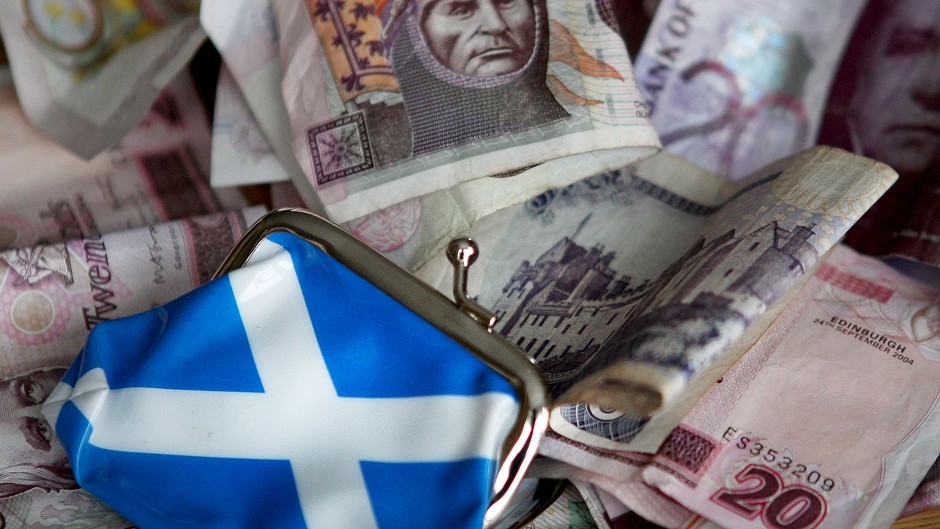A major world bank evoked the memory of the Great Depression as it warned of an economic catastrophe following a Yes vote.
Deutsche Bank’s chief economist spoke of “years of suffering” in the 1920s as he urged Scots to reject independence next week.
David Folkerts-Landau also said a currency union with the rest of UK would not “avoid pain” as it would mean being a “slave” to London.
The intervention is the latest in a series of grave warnings from world banks, including Credit Suisse and Nomura, since polls showed the referendum race was on a knife-edge.
However, the apocalyptic language last night went further than previous interventions from the financial world, and was likely to be dismissed by many Yes voters as scare tactics.
The report said: “A Yes vote for Scottish independence on Thursday would go down in history as a political and economic mistake as large as Winston Churchill’s decision in 1925 to return the pound to the Gold Standard or the failure of the Federal Reserve to provide sufficient liquidity to the US banking system, which we now know brought on the Great Depression in the US.
“These decisions – well-intentioned as they were – contributed to years of depression and suffering and could have been avoided had alternative decisions been taken.”
Financial services giant UBS also warned an independent Scotland would have to issue huge amounts of debt if it could not secure a currency union.
The bank said that if Scotland used the pound without a union – dubbed sterlingisation – it would have to raise reserves worth 41% of the nation’s £145billion GDP.
Its report went on to say the “more conventional” option of creating a new currency – but pegging it to the pound – would require reserves through debt worth 58% GDP.
Chief Secretary to the Treasury Danny Alexander said: “The eyes of the world are on the Scottish nationalists and they don’t like what they see.
“Global financiers UBS are telling the world that if Scotland votes yes we will be plunged into an economic mess.
“That is their message to other countries but the nation which must listen most closely is Scotland, so we can stop their predictions from coming true.”
